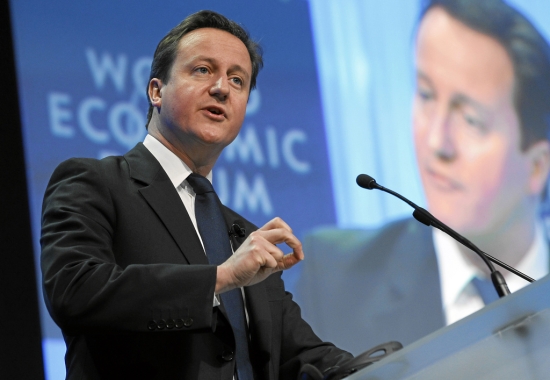Today the government is due to launch a consultation on the minimum pricing of alcohol in an attempt to crackdown on anti-social behaviour and drink related health problems. The report is expected to recommend a minimum price of 45p per unit. This would mean the cheapest equivalent of a pint of lager or cider in a supermarket or off-license would rise to around £1, with wine retailing at about £4 a bottle.

David Cameron says beer is cheaper than water
The Prime Minister, David Cameron, strongly supports minimum pricing believing it will reduce the levels of public drunkenness and drink fuelled disorder that blight many town centres every weekend.
He said; “When beer is cheaper than water, it’s just too easy for people to get drunk on cheap alcohol at home before they even set foot in a pub.
“Minimum pricing isn’t about stopping responsible drinking, adding burdens on business or some new kind of stealth tax – it’s about fast immediate action where universal change is needed.”
The proposals are welcomed by both the Association of Chief Police Officers and the Royal College of Physicians. From a law and order perspective it is claimed that cutting alcohol consumption would lead to 50,000 fewer crimes, while health professionals believe the move could cut the number of drink related deaths by 900 per year.
However, there appears to be widespread public opposition to the introduction of minimum pricing while the drinks industry itself is divided over the issue.
Naturally supermarkets, the majority of whom are currently running Christmas promotions, are opposed to any kind of price fixing. On the other hand brewers and pub groups, including Molson Coors and Greene King, have been broadly supportive. But even though pubs appear to have the most to gain from a crackdown on cheap supermarket alcohol they are far from united in this view.
Tim Martin, the outspoken chairman of Britain’s biggest pub chain JD Wetherspoon, has broken ranks by describing the proposals as ‘nuts’ and ‘utter b******s.’
“Minimum pricing is a placebo that won’t have any effect on the underlying problem,” he says.
“If you want people to pay more for their beer, there is one solution: get them to go to pubs.”
Martin believes a better solution would be to create tax equality between pubs and supermarkets which he argues would be much more effective than minimum pricing.
Do you think that minimum pricing of alcohol would reduce drink related anti-social behaviour and health problems, or do you believe the government is wrong to legislate where competition and personal choice are concerned? Share your thoughts with us below.
Previous Post
US Commercial Mortgage Market Improves